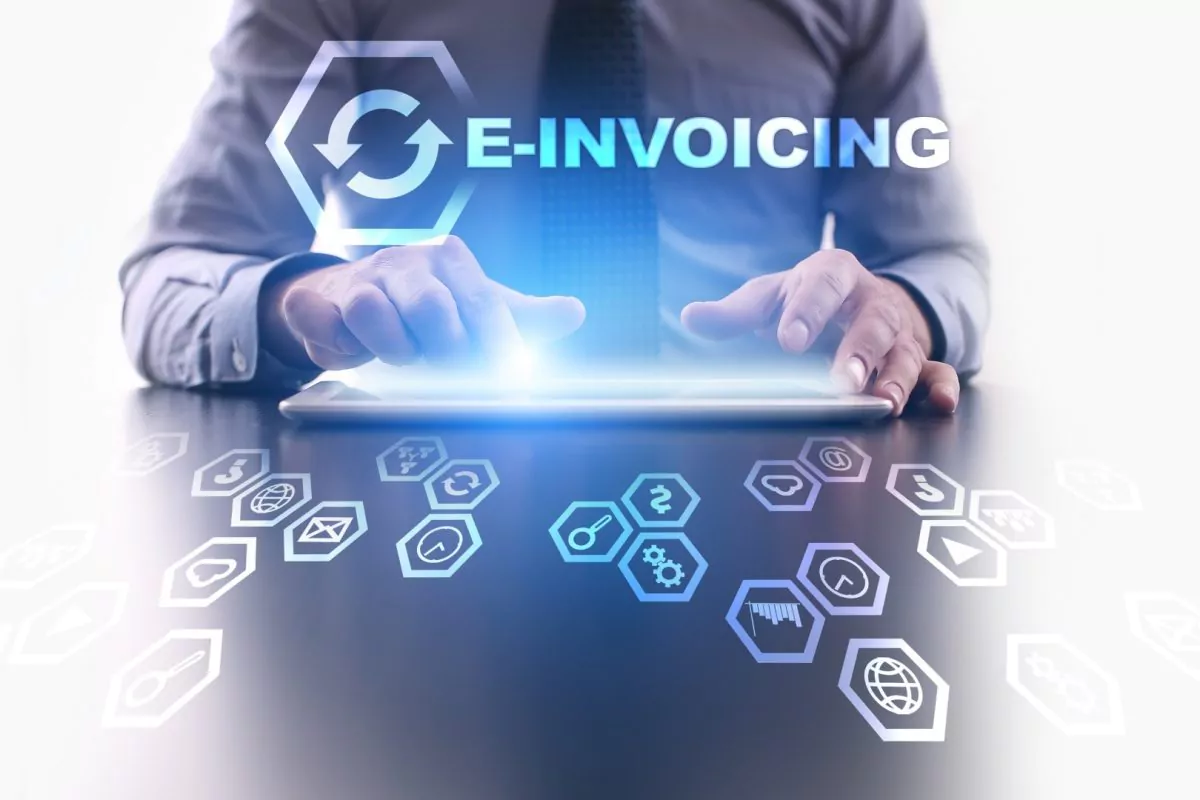Companies that issue electronic invoices to other companies (B2B) and choose to send them via the national electronic invoice system RO e-Invoice must register in the Register of operators using this system, called the RO e-Invoice Register, Agerpres reports.
Urmărește mai jos producțiile video ale Economedia:
- articolul continuă mai jos -
According to the draft emergency ordinance for the implementation of the national e-invoicing system, published on Friday in public debate by the Ministry of Finance, the economic operators who have opted to use the national e-invoicing system RO e-Invoice is entered in the Register from the 1st of the month following the exercise of the option. From the moment of registration in the e-Invoice Register, the issuer also becomes the recipient, according to the document.
In order to use the national e-Invoice system, the issuer and the recipient must be registered in the e-Invoice Register.
The procedure for organizing and registering in the e-Invoice Register shall be established by order of the President of the National Agency for Fiscal Administration (ANAF) within 15 days from the date of publication of the Emergency Ordinance in the Official Gazette of Romania.
The RO e-Invoice Register is public and is posted on the ANAF website, the document adds.
With respect to the electronic invoicing in the field of public procurement, it applies in the case of a commercial relationship between an economic operator and contracting authorities, i.e. contracting entities (B2G), where economic operators opt for the use of the national electronic invoicing system RO e-Invoice.
The Emergency Ordinance does not apply to e-invoices issued as a result of the execution of contracts classified according to the law or where the award and execution of the public procurement contract required the imposition, according to legal provisions, of special security measures for the protection of essential state security interests, the document published by the Ministry of Finance states.
Also with regard to electronic invoicing in the field of public procurement, if the economic operator has opted to use the national electronic invoicing system RO e-Invoice, it is obliged to issue only electronic invoices and to use this system for their transmission to all recipients.
Where the economic operator transmits the e-invoice in the national e-invoice system RO e-Invoice, the recipient of the e-invoice issued in the B2G business relationship has the following obligations: to receive and download the e-invoice via the national e-invoice system RO e-Invoice; to process the e-invoice; to verify the legality, conformity and regularity of the e-invoice in accordance with the legal provisions in force.
The document stipulates that the Ministry of Finance, through the National Centre for Financial Information, creates, develops and manages the national e-invoice system RO e-Invoice. The national e-invoice system RO e-Invoice is the set of principles, rules and IT applications aimed at receiving e-invoices from the issuer in accordance with the structure of the e-invoice, storing them electronically and sending them to the recipient.
The national e-invoice system RO e-Invoice becomes operational within a maximum of 30 days from the date of entry into force of the emergency ordinance, the draft states.
The procedure for the use and operation of the national e-invoice system RO e-Invoice shall be approved by order of the Minister of Finance within 15 days from the date of publication of the emergency ordinance in the Official Gazette.
According to the document published by the Ministry of Finance, the structure of the e-Invoice must comply with: the technical and usage specifications of the basic elements of the e-Invoice as set out in the European standard SR EN 16931-1, which are applicable at national level; the technical and usage specifications of the basic elements of the e-Invoice (RO_CIUS) and the specific operational rules applicable at national level; the semantic content as described in the standard SR EN 16931-1, the syntaxes identified in CEN/TS 16931-2, in accordance with Art. 2 lit. l) and the appropriate correlation defined in the applicable subpart of CEN/TS 16931-3.
The main elements of the electronic invoice are: process and invoice identifiers; invoice date; information identifying the economic operator who delivered the goods/products, provided the services or performed the work; information on the recipient of the e-invoice; information on the payee; information on the fiscal representative of the issuer; identification of the type of goods/products delivered, services provided or work performed; reference to the public/sector procurement contract, works and services concession contract and, where applicable, defense and security procurement contract; details of the execution of works, delivery of goods/products or provision of services; payment instructions; information on credits or debits; information on invoice items; VAT breakdown; invoice total.
The draft is in public debate until 10 October.































